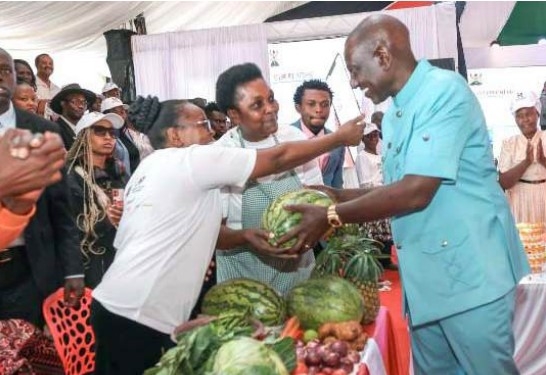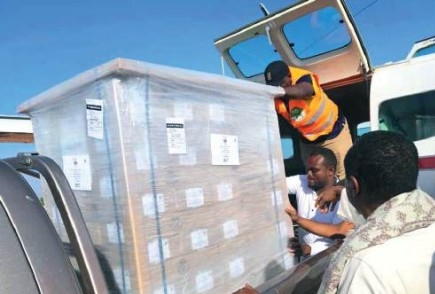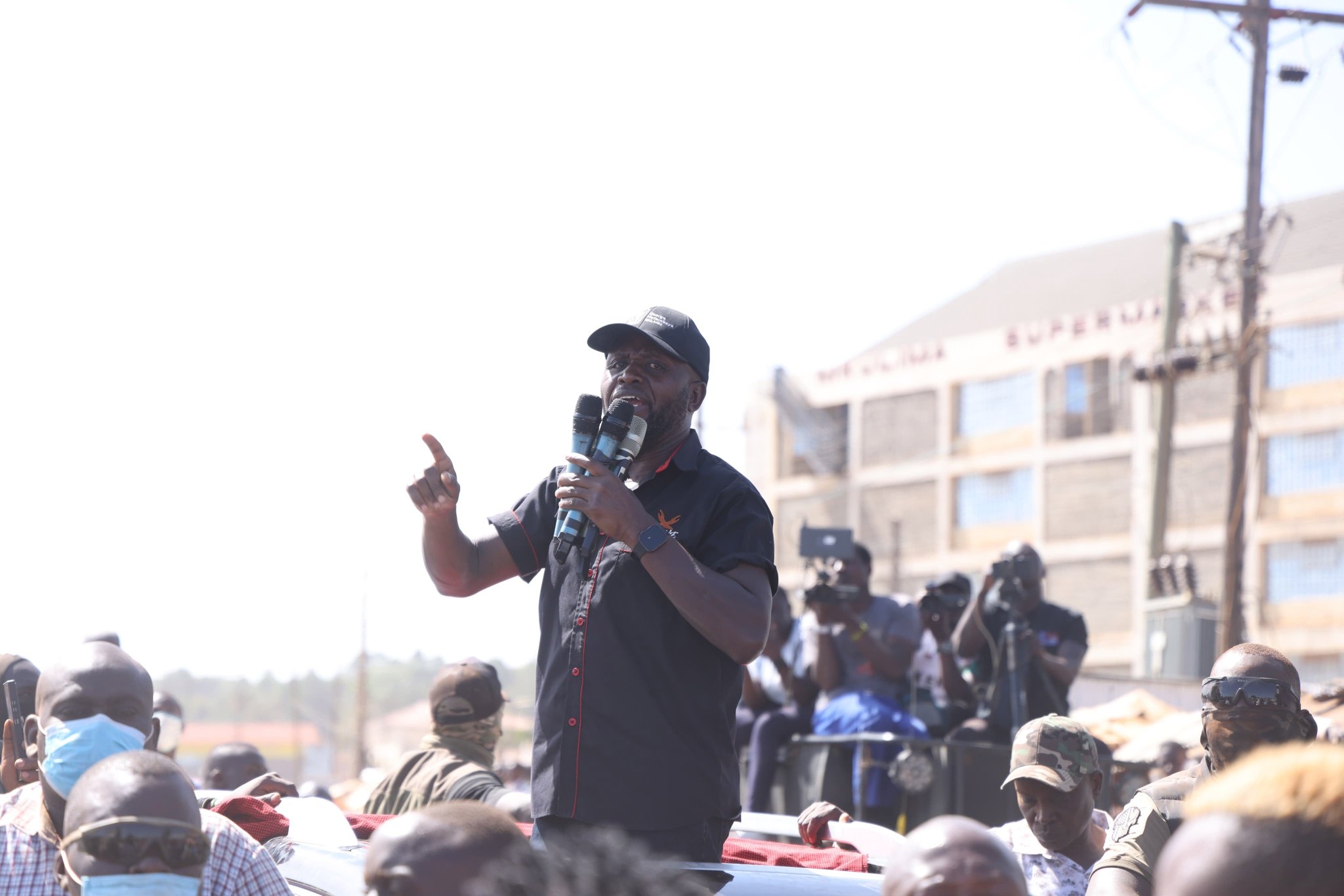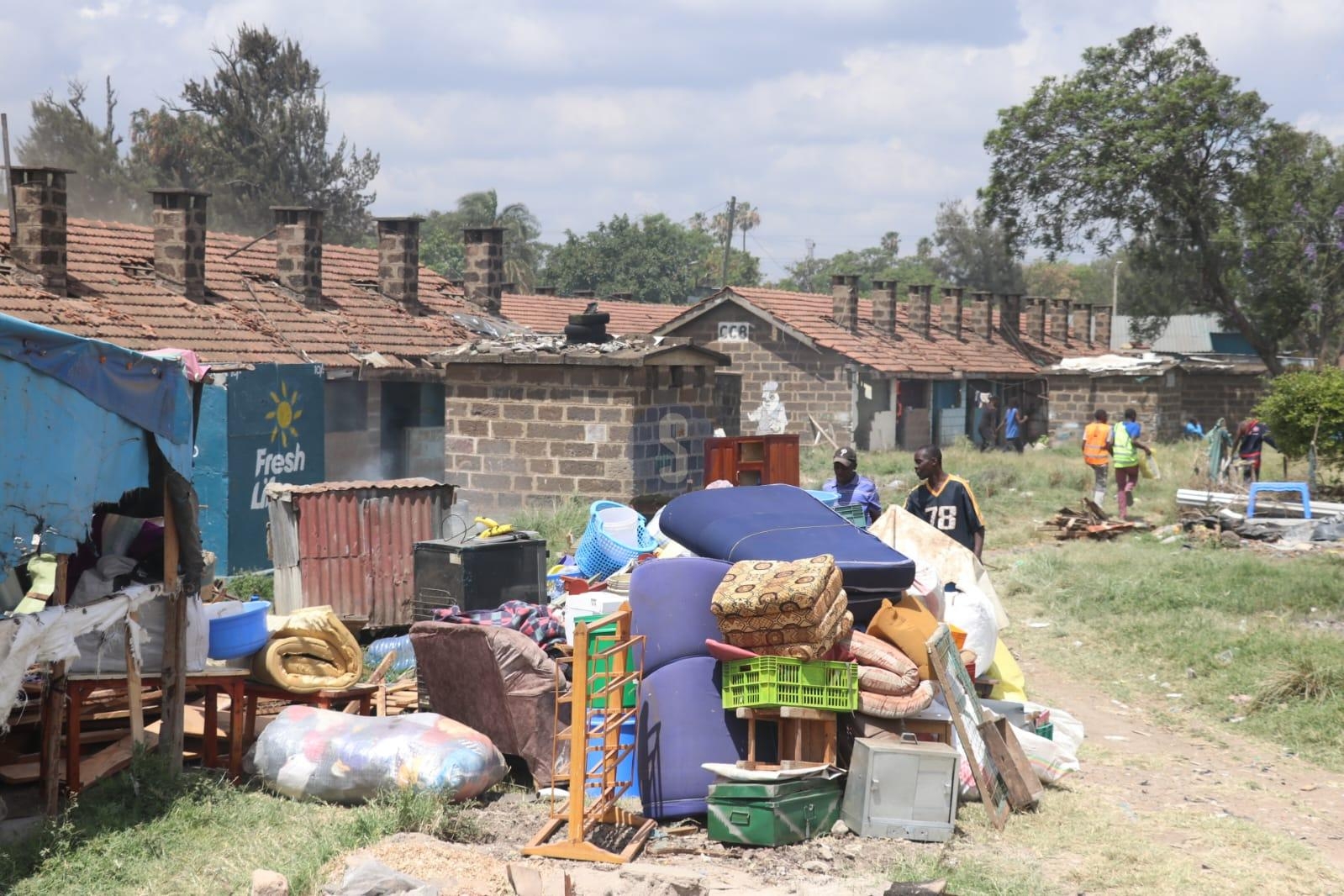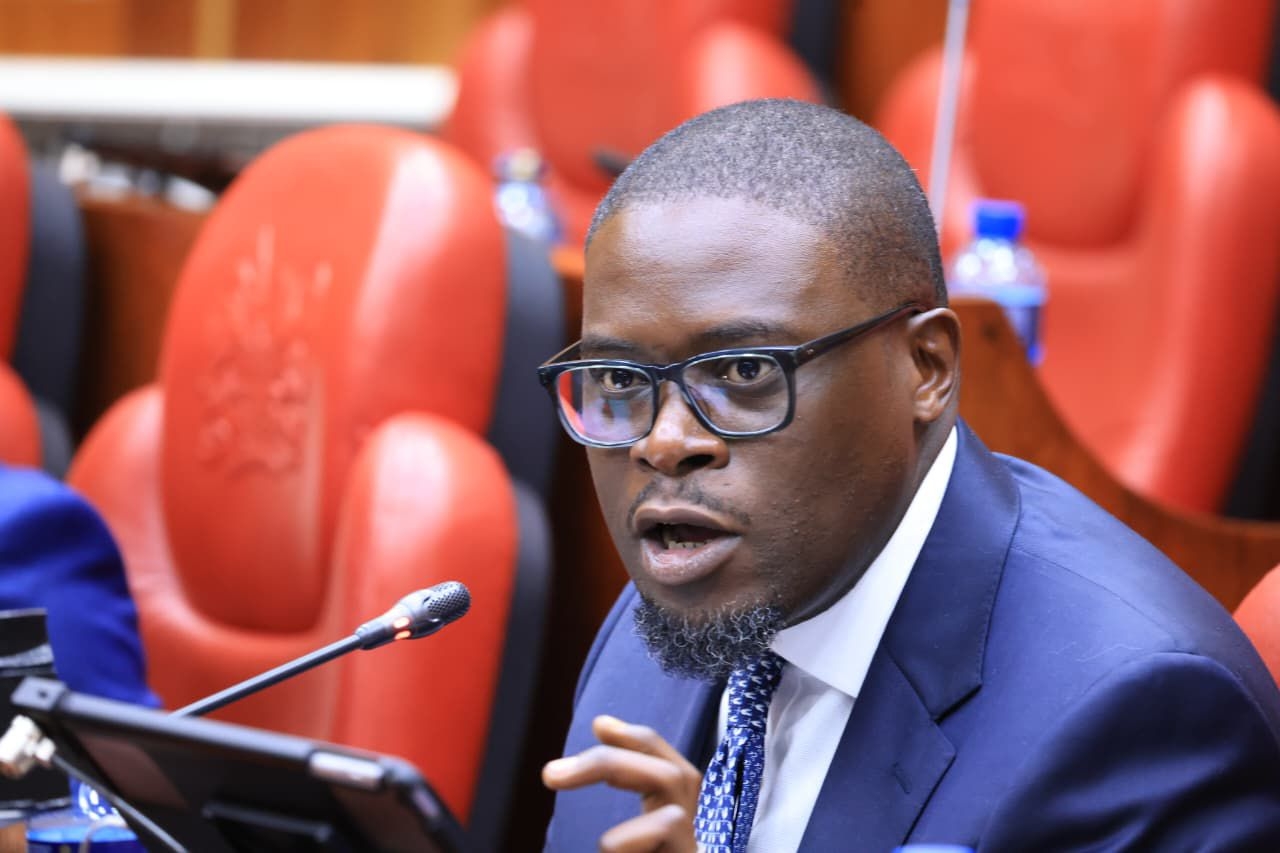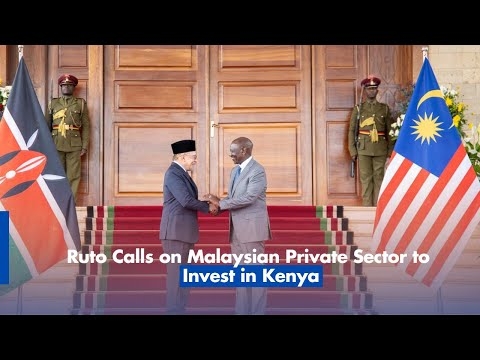What happens when you give money directly to extremely poor people to help themselves? How do they spend it?
When Daniel Sauroki realised he needed to put food on the table for his family, he decided to invest his money in a different idea.
“I like business because it always gives back as long as you take good care of it,” he says.
“Our piece of land here in Baringo South is usually dry, so we don’t do farming due to insufficient water.”
Though he has a farm, he didn’t have a generator to pump water from the river.
To achieve his business goal, Sauroki enlisted in the radar of an organisation that has since helped many of his fellow villagers to improve their lives. Sauroki recalls enlisting in the organisation’s programme in September last year.
“Though I was successfully registered in October 2023, at first I thought I wouldn’t get the money because it took too long,” he says.
“Most of the people with whom we had been in the same cohort got their first installed while I hadn’t received a coin yet.”
Distraught, Sauroki asked around and started thinking that maybe he hadn’t qualified to get the money. He had just given up when some officers from the organisation visited him at home.
“The officers apologised and told me to call their customer care hotline if the money won’t have reached me after around two or three weeks,” he says.
“And as promised, the money alert came to my M-pesa account! I would have been shocked not to receive the money, yet I had passed all the requirements.”
From the beginning, I had a vision of opening a business. I observed how other beneficiaries faced issues with their livestock, so I wanted something more consistent
FOLLOWING A VISION
After getting the first transfer of Sh20,000, Sauroki was convinced that the rest would come because the officers had given him their word.
The next transfer came after two months.
By the time Sauroki received his first transfer, most of his mates had already started working on their projects. All of them involved food as it is the biggest problem in his village.
With time, Sauroki and his fellow villagers noticed that buying livestock was barely helpful because you have to feed them. So farming is more assured than keeping livestock.
With the initial Sh20,000, Sauroki bought some maize seedlings and planted them in a piece of land half an acre long.
“When I got the second transfer of Sh45,000, I thought of opening a small shop for my wife so she could earn some money as I hustle with my motorbike, a business which nowadays has become too common,” he says.
“From the beginning, I had a vision of opening a business. It helped that before the money came, I had ideas of what to do with it. I observed how other beneficiaries faced issues with their livestock, so I wanted something more consistent.”
When he told his wife they should start a business, she wasn’t very convinced.
So he told her they would use the first Sh20,000 for farming, then with the next Sh45,000, they would open a business. And then they would plan for the last Sh45,000.
The first week they opened the shop, many villagers came to congratulate them, and they started getting customers.
Sauroki’s wife was now supporting his vision as she herself operated the shop as he operated the motorbike business.
Though the money wasn’t enough to completely sort out the business, he was able to construct the shop and the shelves.
At first, he bought some maize and made it into flour for sale. Then came in other household things like sugar and salt.
Since then, the business has been growing from strength to strength.
WHAT THEY SPEND ON
The organisation that supported him, called Give Directly, also sent money to all the other villagers.
Founded in 2009, GiveDirectly is based in Nairobi and sends donor money directly to extremely poor beneficiaries to make their own choices about how to improve their lives. So the transfers have no conditions attached to them.
GiveDirectly’s longest-running programmes deliver about $1,000 per family, saturating entire villages so that each household receives a payment.
They identify participants using poverty data from national surveys, government lists, community-based organisations or partner apps.
The organisation says cash allows individuals to invest in what they need, instead of relying on aid organisations and donors thousands of miles away to choose for them.
And it turns out, rigorous evidence shows people use cash on medicine, livestock (cows, goats and chicken), school fees, water, solar lights, tin roofs, irrigation, motorcycles to jumpstart taxi services and businesses to generate income.
When his third and last transfer of Sh45,000 came, Sauroki and his wife decided to renovate their house. On a typical day, Daniel Sauroki wakes up at 6am and cleans the shop while taking care of his goats. Then business starts at 7am.
Though Sauroki has been working on the shop tirelessly, the biggest challenge he faces is inadequate stock.
“At the moment, I can only manage to stock around 2 kilos of cooking oil, only 5 kilos of sugar. Those items can only last for two days, and I can only get money for new stock after selling out the old one,” he says.
“I would love to stock a whole sack of sugar, around 20 kilos of beans. That kind of stock can last me a week, such that if another item runs out, I would have enough money for restocking.”
As advice for his fellow villagers who haven’t yet received the money, Sauroki says that it’s important for them to consider venturing into the world of business.
Business can help someone with other ventures, such as building a house and farming, he says.
Though at the moment Sauroki’s business hasn’t yet picked up as he would love it to, at the end of every day, he pockets Sh1,800, with sugar being the fastest-selling item in his shop.
How does the future look like for Daniel Sauroki?
“Having noticed that a shop has better and consistent returns, I would like to expand my shop’s size and get more stock,” he says.
“My shop currently has a wooden door, which isn’t strong. If I get some more money, I would like to put in a metallic door, such that at night, I won’t have to be waking up to check up on the shop, though around here, we barely have cases of theft.”
‘DIRECT’ MONEY
Evans Ngetich is a field officer at Give Directly, the organisation that helps improve the livelihoods of people like Sauroki in Baringo county.
He says Give Directly works in Baringo county to help the residents live better lives as well as to test the operational visibility of the county based on the present challenges.
Acording to 2019 date from the Kenya Bureau of Statistics, Baringo is still one of the poorest counties in Kenya.
Give Directly operates in Baringo South subcounty, which has more than 9,000 households, based on the 2019 data, Ngetich says.
Out of those 9,000, they have so far enrolled 6,000 households, of which 4,000 have received at least a section of their transfers.
They are, thus, almost done with one division of Baringo South, after which they will move to another part of the county, according to their standing in the Poverty Index, Ngetich says.
He explained the process which beneficiaries like Daniel Sauroki undergo.
“First, we usually sensitise the society through barazas at the village level with all the residents,” Ngetich says.
They talk to them about the programmes and also seek their consent.
After that, they proceed to the first enrollment stage, called ‘census’. In this stage, they enroll each and every household in a particular village.
“We interview the residents to understand their situations and challenges and what they want,” Ngetich says.
Then they subject their answers to their eligibility criteria. Once they have passed this, they proceed to the enrollment stage, called ‘registration’.
In this stage, Give Directly commits itself to the residents by telling them the amount of money they will give them and when they will receive their first installment.
“We empower them on mobile money (M-pesa) security. From there, we proceed to the third enrolment stage, called ‘audits’. In this stage, we further verify the situation and correct any errors that might have occurred in the previous stages and also do further verification on our probable recipients.
“The three transfers – Sh20,000, Sh45,000 and Sh45,000 – happen in a span of five months. Each transfer comes with follow-up from us to see how the money is helping the recipient,” he says.
The transfers are unconditional and the recipients are free to use the money according to their plans.
"But we prohibit them to use the money to buy things like alcohol, sponsor terrorism and buy weapons. We need to help the government fight vices likes alcoholism and crime,” Ngetich says.
“Besides, at the end of the end this is a donor-funded program and so we want to ensure that we have as much as support as possible.”



